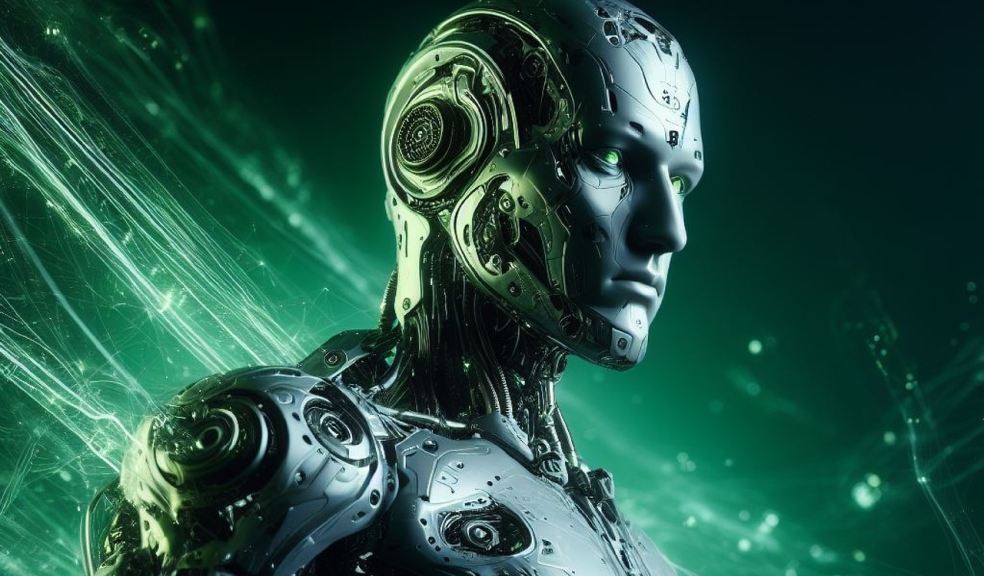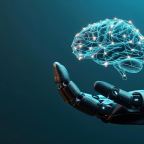
The AI Content Boom: Balancing Innovation with Human Creativity
In a recent interview, the actor Ashton Kutcher grabbed some headlines after talking about the revolutionary possibilities of using artificial intelligence in the movies. The interview was unusual in several respects, not least because Kutcher is one of the few actors to have come out as broadly supportive of AI. As you might expect, Kutcher received plenty of criticism for the interview.
Yet, whether you agree with Kutcher or not, it was interesting to hear his take. Most notably, he pointed out that AI would lead to a kind of saturation of content; the way Kutcher put it was that there would be more movies (games, television, music, etc.) than eyeballs, thus leading to a golden era of entertainment. Not everyone agrees with this assertion, but it is undeniable that AI will make entertainment content easier to make. But that also poses a problem, not least in quantity over quality.
AI will make entertainment production cheaper
On paper, however, Kutcher is right. We know that competition can drive innovation as entertainment providers strive to stand out. We can point to numerous examples of this, not least in the options you have available on streaming services. Yes, streaming services like Netflix are not perfect, but they absolutely changed the game of providing access to quality television. For example, a TV movie used to be synonymous with low budgets and poor quality; Netflix or Apple can spend 100s of millions on a “TV movie,” creating Oscar-worthy content.
Another example that can illustrate our point is the rise of online casinos in the 1990s. The competition between online casino providers is hugely competitive, and it caused an explosion of innovation with new gaming concepts, particularly in live casino, that transformed the experience. Most interesting was that the competition between platforms caused a pivot away from the experiences you would find in a land-based casino to new genres of games, such as Monopoly Live or Crazy Time. It’s an underrated example of how competition bred innovation in entertainment.
A question of economics
Of course, it is not new to say that competition breeds innovation, yet the other side of the coin claims that AI will inevitably make it more difficult to stand out. If anyone can make a movie or develop a video game, then we might face an era of quality dilution. Moreover, it also creates a problem for investors or those who support entertainment as a business. To put it another way, if anyone can create a video game, and we exist in an era of limitless, low-cost alternatives, how do we go about charging for it?
Ostensibly, some might argue that this is a good thing. After all, if the market dictates that all video games should be free or cost next to nothing, then that is something that must be adapted to. Yet, it also removes the incentive for innovation, for humans to create. It can cost upwards of $100 million to create a AAA video game, and the years of development aren’t all focused on programming; it’s a labor of love to create stories and characters that engage players.
AI content generation could undermine the perceived value of such labor-intensive projects. If consumers become accustomed to an endless stream of AI-generated content that costs significantly less to produce, the economic model supporting high-budget, high-quality productions could collapse. This could lead to a scenario where even the most talented creators struggle to secure funding for ambitious projects, resulting in a homogenized entertainment landscape dominated by formulaic, AI-produced content.

Moreover, there's the risk of eroding the human touch in storytelling and creative expression. AI, despite its impressive capabilities, lacks the personal experiences, emotions, and cultural nuances that human creators bring to their work. The richness of human creativity is derived from our individual and collective histories and our unique perspectives. As AI-generated content proliferates, we risk losing these essential elements that make stories resonate on a deeper level.
On the flip side, AI can serve as a powerful tool for creators, helping them push the boundaries of their craft. By handling routine tasks and offering new creative possibilities, AI can free up human creators to focus on what they do best: infusing their work with emotional depth, originality, and meaning. The key lies in finding a balance where AI assists rather than replaces human creativity, enhancing the final product rather than diluting it. This is not just important for artistic merit but the entertainment economy. It's a reassurance that, with a thoughtful and balanced approach, AI can be a catalyst for innovation without compromising the essence of human creativity in entertainment.











